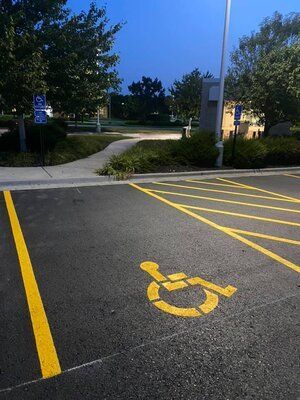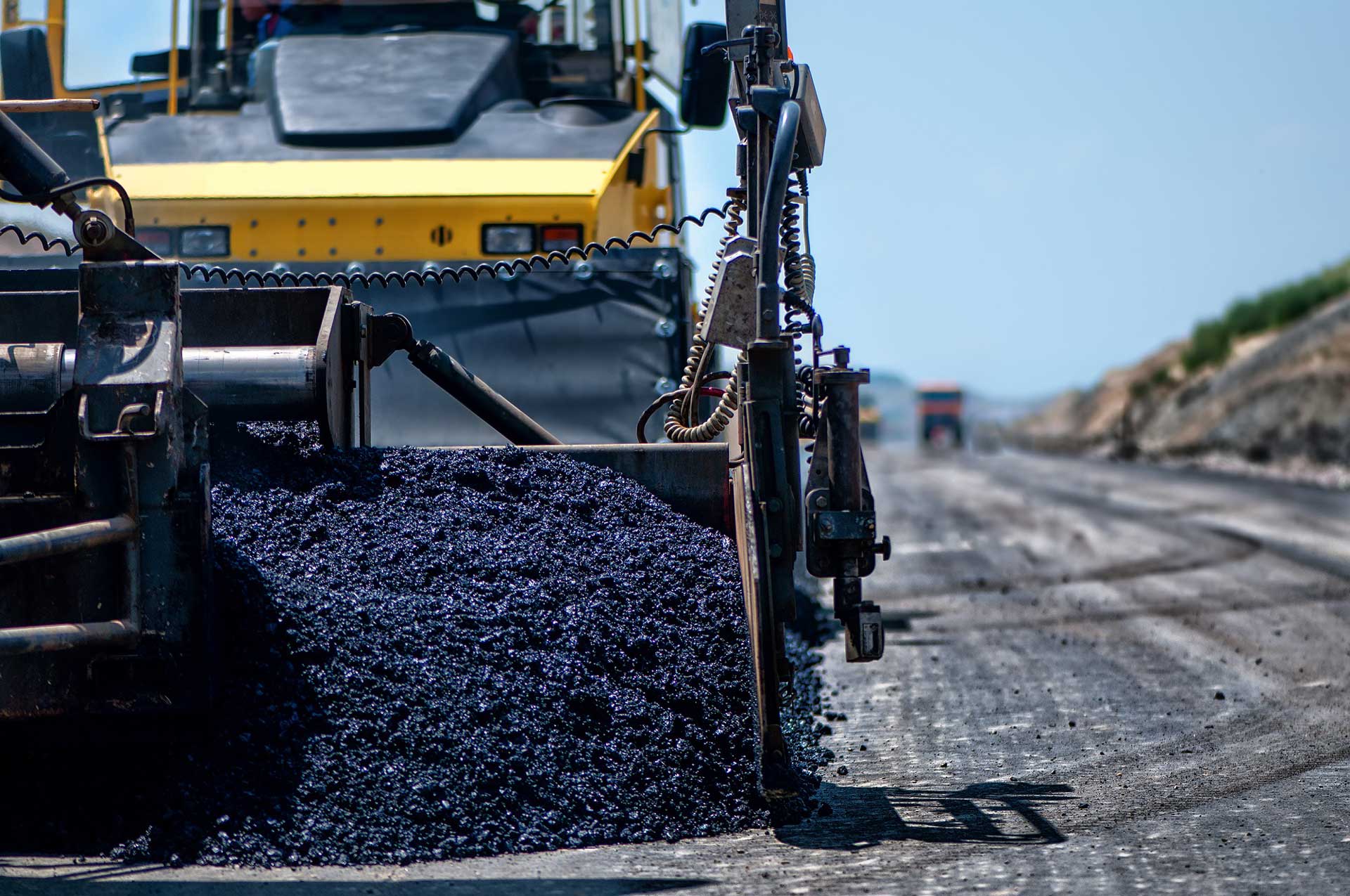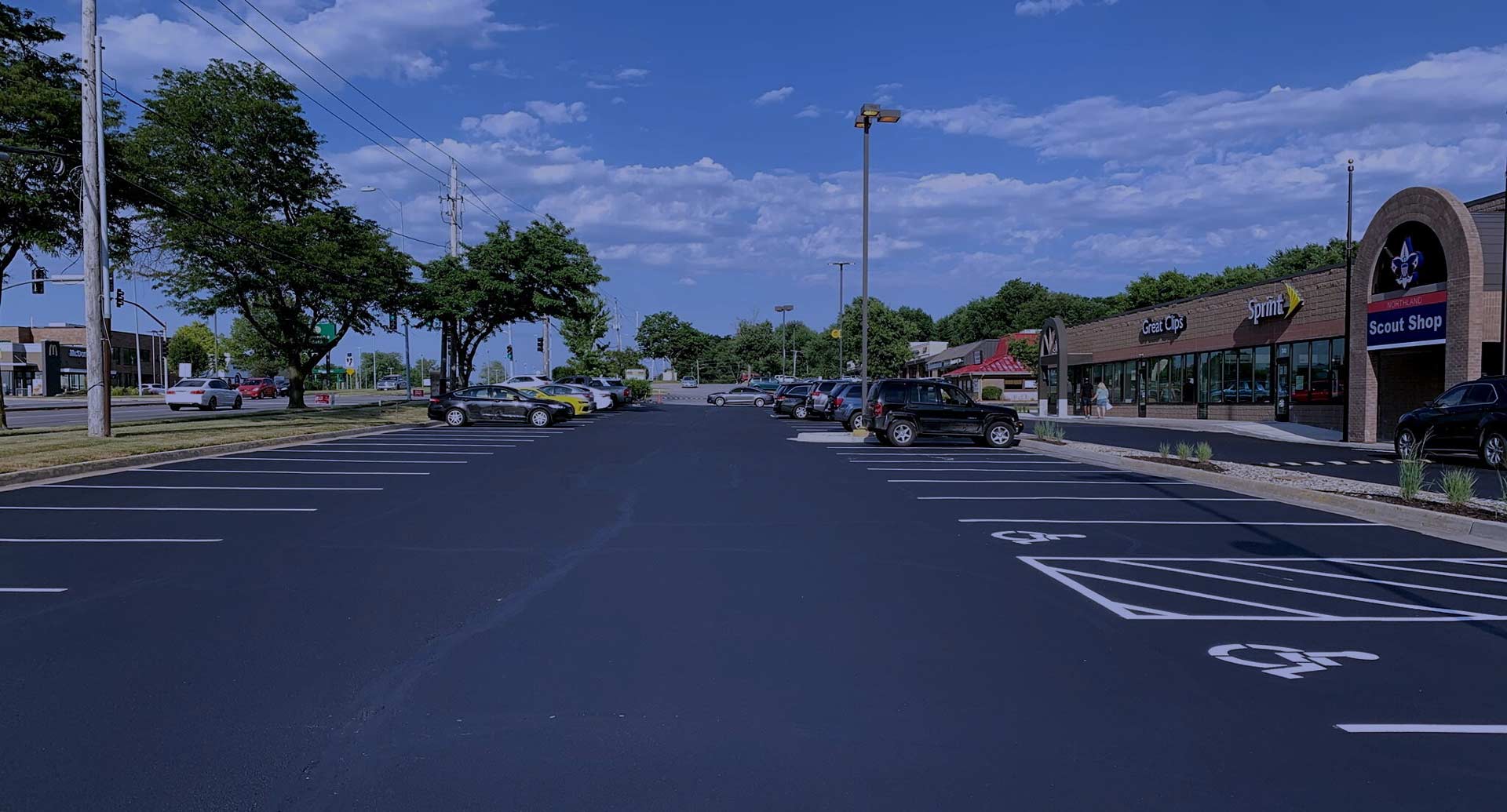Introduction
In the world of construction, particularly in paving, terms like "blacktop" and "asphalt" are often thrown around interchangeably. However, understanding the nuances between these terms is critical for homeowners and businesses alike who are looking to invest in paving solutions. Whether you're considering asphalt driveway installation or exploring parking lot paving options, knowing what blacktop paving is and how it differs from traditional asphalt can save you time, money, and unnecessary frustration.
In this article, we will delve deeply into the concept of blacktop paving, explore its differences with asphalt, and provide insights into various asphalt paving services available today. By the end of this comprehensive guide, you will have paving companies near me Platinum Paving a solid grasp of not just what blacktop paving is but also how it fits into the larger picture of asphalt services.
What Is Blacktop Paving and How Does It Differ from Asphalt?
Blacktop paving refers to a specific type of surface treatment that utilizes a mixture of aggregate materials—such as stone or gravel—and asphalt binder. The term "blacktop" is commonly used in North America to refer to surfaces made primarily for roads, driveways, and parking lots.

1. Composition of Blacktop
Blacktop consists mainly of:
- Asphalt Binder: This is a sticky substance that binds the aggregates together. Aggregates: These include crushed stone or gravel which provide structural integrity. Mineral Filler: Sometimes added to improve density and reduce voids.
2. What Is Asphalt?
Asphalt generally refers to a broader category encompassing various mixtures used in road construction. While blacktop specifically contains an aggregate mix suitable for surface layer applications, asphalt can be formulated for different purposes such as base layers or specialized binders.
3. Key Differences Between Blacktop and Asphalt
| Aspect | Blacktop | Asphalt | |-----------------------------|-----------------------------------|------------------------------------| | Composition | Primarily aggregates + asphalt | A wider range including specialized mixes | | Application | Typically for surface layers | Can be used for multiple layers | | Use Cases | Driveways & parking lots | Roads, highways & more | | Cost | Generally lower | Varies based on formulation |
Benefits of Blacktop Paving
Durability
Blacktop surfaces are designed to endure heavy traffic while maintaining their integrity. When properly installed by qualified asphalt paving contractors, they can last many years with minimal maintenance.
Cost-Effectiveness
When comparing blacktop pavement costs versus other options like concrete or full-depth asphalt solutions, blacktop is often more budget-friendly while offering comparable performance.

Quick Installation
The installation process for blacktop is typically faster than other methods because it requires less curing time compared to concrete alternatives.
Versatility
Whether utilized for residential driveways or expansive commercial parking lots, blacktop serves multiple purposes effectively.
Understanding Asphalt Paving Services
When delving into the world of pavement options, it's crucial to familiarize yourself with various asphalt paving services available:

1. Residential Asphalt Paving Services
These services focus on projects like:
- New asphalt driveway installation Asphalt driveway resurfacing Regular maintenance like sealcoating
Residential projects usually require careful attention to detail due to individual aesthetic preferences.
2. Commercial Asphalt Paving Contractors
Commercial contractors specialize in larger-scale projects such as:
- Parking lot paving Parking lot striping services Maintenance agreements for ongoing upkeep
Their expertise ensures compliance with zoning regulations and ADA requirements.
Asphalt Driveway Installation Process
The installation process plays a significant role in determining the longevity and functionality of your new surface. Here’s what you can expect when engaging professional asphalt companies:
1. Site Preparation
This initial phase involves clearing debris and grading the land appropriately to ensure proper drainage—a vital aspect often overlooked during DIY projects.
2. Base Layer Installation
A solid base layer made up of crushed stone provides strength and stability before applying any top layers.
3. Hot Mix Asphalt Application
Once prepared adequately, hot mix asphalt is laid down using specialized equipment designed for even application.
4. Compaction
After laying down the hot mix asphalt, compaction ensures optimal density while preventing future settling issues.
Asphalt Driveway Maintenance Tips
Maintaining your newly installed driveway can significantly prolong its lifespan. Here are essential maintenance tips:
Regular Inspections: Check for cracks or signs of wear regularly.
Sealcoating: Engage in routine sealcoating services every 1-3 years depending on usage.
Crack Sealing: Address small cracks promptly before they escalate into more significant issues.
Drainage Solutions: Ensure proper drainage systems are in place to prevent water accumulation that may damage your driveway over time.
Blacktop Driveway vs Concrete Driveway: Which Is Better?
When considering whether to choose a blacktop driveway over concrete options, several factors come into play:
Aesthetics
Concrete offers a variety of colors and patterns that can enhance curb appeal compared to standard blacktops which are predominantly dark grey-black unless sealed with colored sealants.
Durability
Concrete tends to be more resilient against weather fluctuations; however, properly maintained blacktops can hold their own against wear-and-tear when correctly cared for.
Cost Comparison
Typically speaking:
- The average cost per square foot for an asphalt driveway falls between $3-$5. For concrete driveways? Expect costs ranging from $6-$12 per square foot!
FAQs
1. What is the average cost of an asphalt driveway?
The cost varies depending on factors like location and size but generally ranges from $3-$5 per square foot for basic installations without complex features.
2. How long does an asphalt driveway last?
With proper care—including regular sealcoating—an asphalt driveway can last anywhere from 15-30 years!
3. What should I know about parking lot striping?
Parking lot striping ensures safety and organization within commercial spaces; it’s recommended that businesses engage ADA-compliant parking lot striping companies every few years based on wear patterns observed in high traffic areas.
4. Are there advantages to sealcoating my driveway?
Yes! Sealcoating protects against UV rays, oil spills, rain damage; therefore increasing lifespan significantly while enhancing appearance too!
5. How often should I perform maintenance on my paved surfaces?
Routine checks should occur bi-annually; additionally consider professional sealing/repair every couple years depending upon traffic intensity!
Conclusion
In summary, understanding "What Is Blacktop Paving and How Does It Differ from Asphalt?" provides invaluable knowledge when pursuing either residential or commercial paving solutions. By realizing key distinctions between these materials along with their respective benefits—including durability alongside cost-effectiveness—you’ll be better equipped when making decisions regarding your property's pavement needs!
Choosing reputable contractors who specialize in both types will further ensure quality outcomes tailored specifically according to specifications outlined at onset ensuring satisfaction throughout duration enjoyed thereafter!